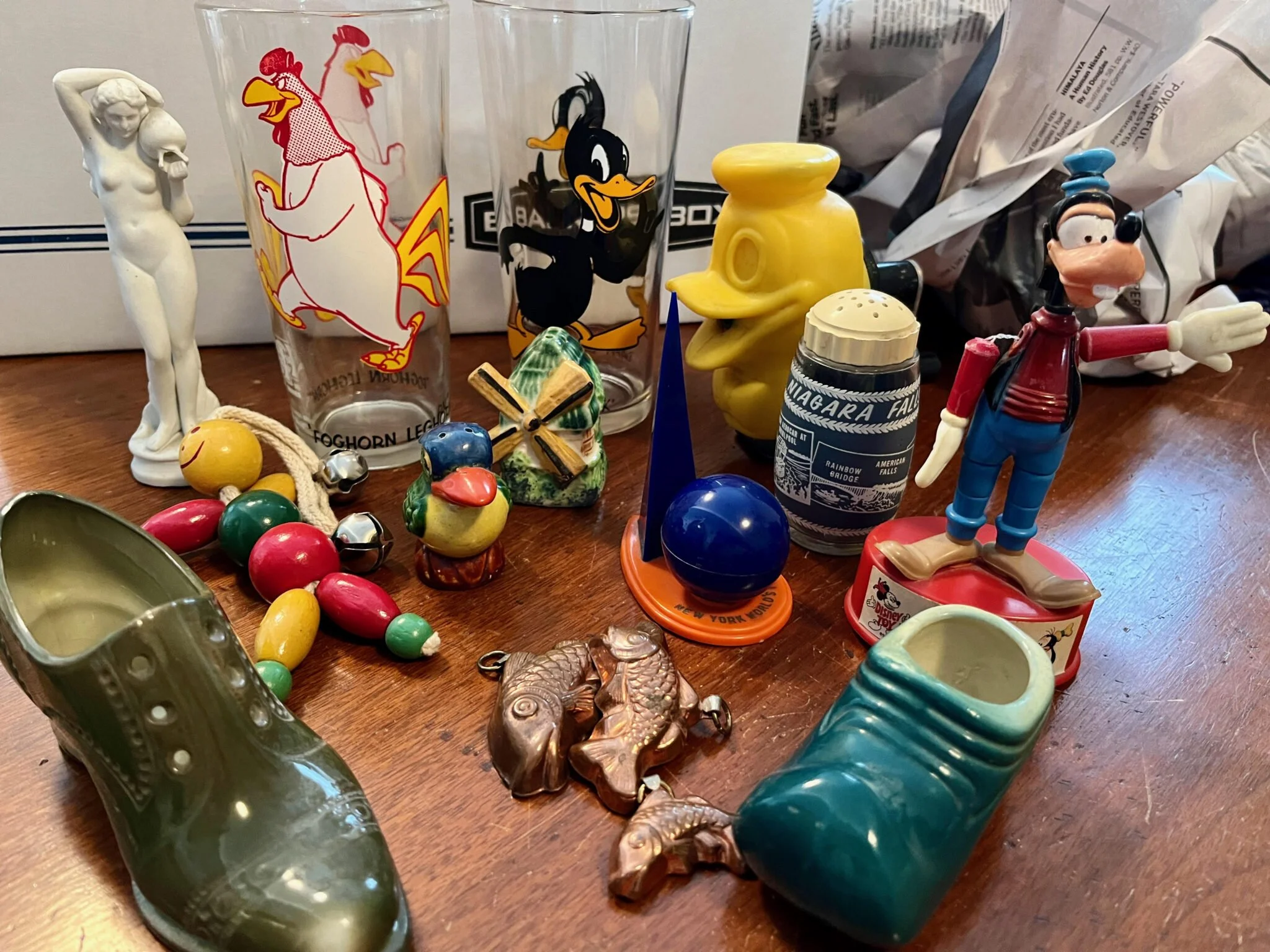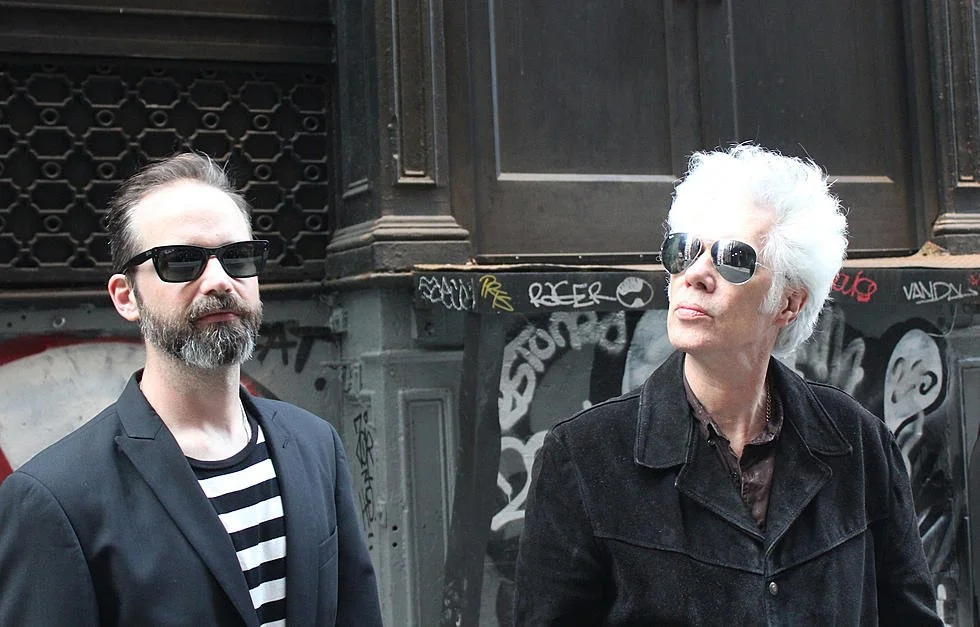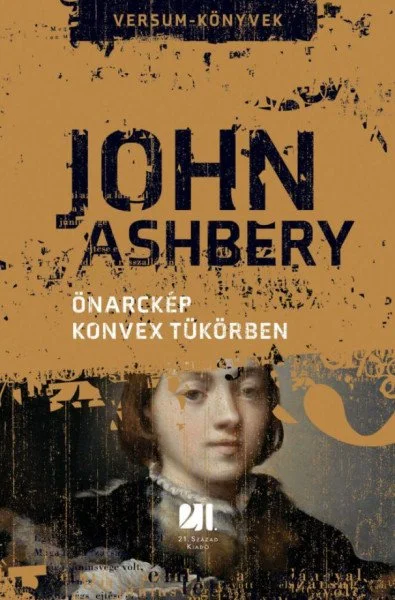…in terms of his overall aesthetic and feel for the space, comes from a John Ashbery poem, the Ecclesiast: “You see how honey crumbles your universe/Which seems like an institution — how many walls?” The poem now hangs on the restaurant’s door, a sign for his neighbors, a signal for what’s ahead.
“I wanted the idea of honey — it’s slow, it’s sticky, it’s sweet,” Melillo says. “There’s like an organic nature to the way things happen; things have to kind of unfold.”…
Read More




















